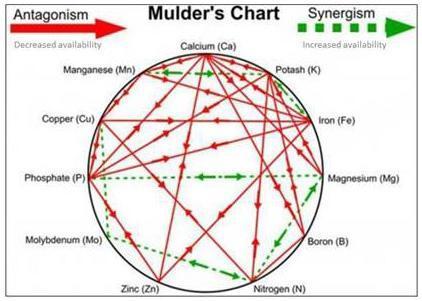General Orange
Member
I think E2 is only good for hair growth if you can somehow determine that you hairloss is from having high estrone that then can need modulating by E2. coz E2 can inhibit hair growth also. talking about it topically of courseRight, no worries.
But, the thing about clomid about potentially good for hair loss, may just be related to the fact that it IS estrogenic (rather than controlling estrogen).
Estrogen (estradiol) is good for hair.

